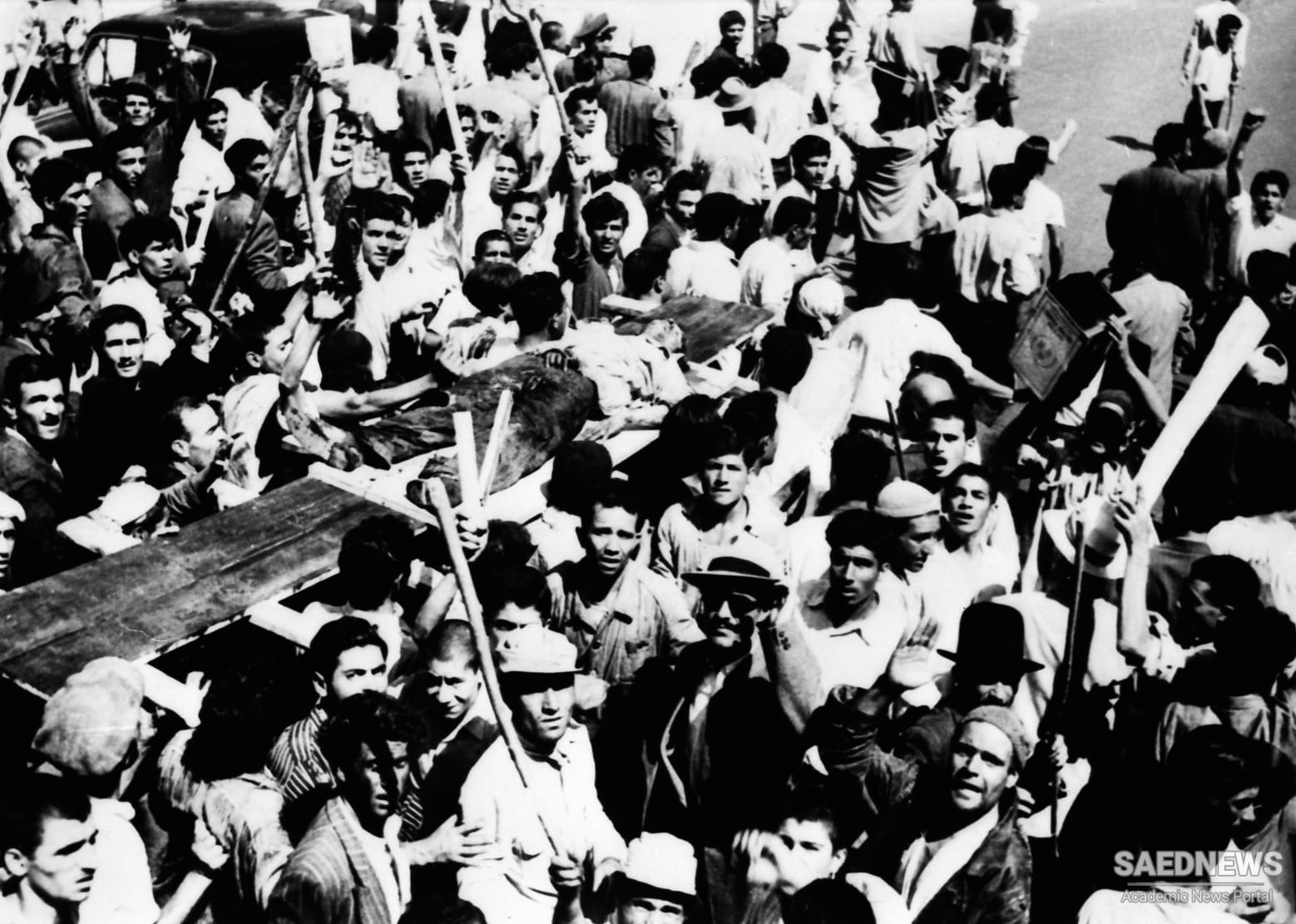Although Iran’s internal affairs had many of the same characteristics as those of the earlier era, its external affairs were significantly different. For over two centuries Iran had been primarily concerned with Turkey. During much of that time the two Muslim states had been engaged in inconclusive wars. This bilateral antagonism had been replaced for a short time by a triangular struggle between Iran, Turkey, and Russia in the eighteenth century. By the end of that century Iran was no longer preoccupied with Turkey. And soon thereafter it became an object of Anglo-Russian rivalry. This rivalry characterized the external background of Iranian foreign policy during most of the nineteenth century and, as we shall see, continued on into the twentieth century.
The rivalry was a product of the conflicting interests of Great Britain and Russia in Iran. Great Britain’s interests in Iran were inextricably bound up with British imperial interests in India. Whether it was the Persian, the Central Asian, or the Persian Gulf Question that occupied the minds of British policy makers, the paramount consideration was the maintenance of British imperial interests in India. Because of this preeminent objective, the British government was basically committed to a policy of the status quo in Iran. Pursuance of this policy often required advancing British influence, but on the whole this influence was sought primarily in order to counter the Russian threat to the independence of Iran. Great Britain needed Iran as a buffer state, and perhaps the stronger the buffer the better.
It is oversimplification, however, to ascribe a single definite characteristic to British policy in Iran throughout the nineteenth century. Even opposition to Russia was not always uniform. Some of the severest criticisms of British policy in Iran were based on occasional British failures to oppose the expansion of Russia. One critic went so far as to call the sometime British lethargy “criminal.” But a more sophisticated critic, Lord Curzon, stated that British policy had always been “characterized by a note of exaggeration.” A similar characterization had been given earlier by Rawlinson. His treatment of British policy from 1800 to 1875 revealed British vacillation in Iran with its extremes of lethargy and zeal.


 Foreign Policy in Medieval Persia: General Characteristics
Foreign Policy in Medieval Persia: General Characteristics














































